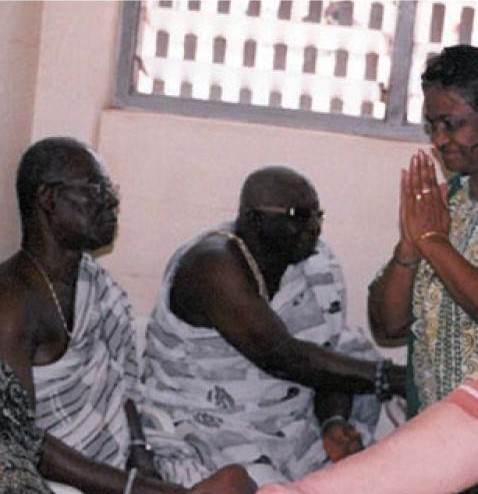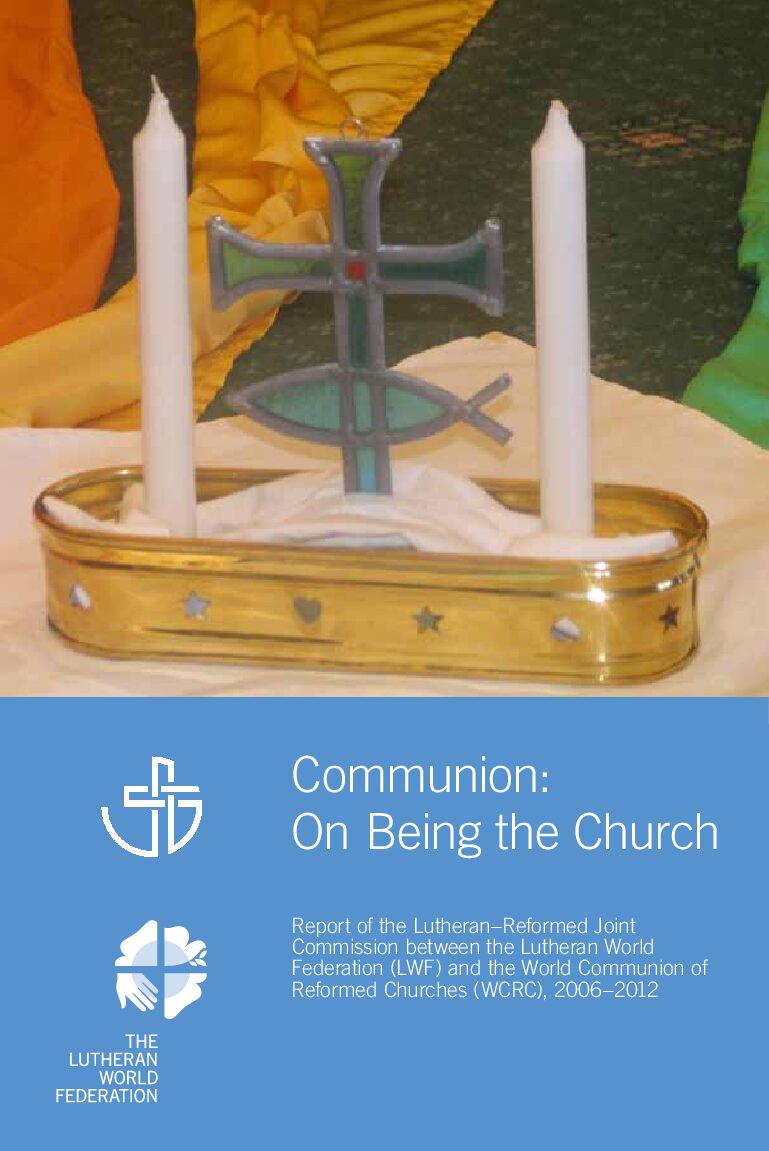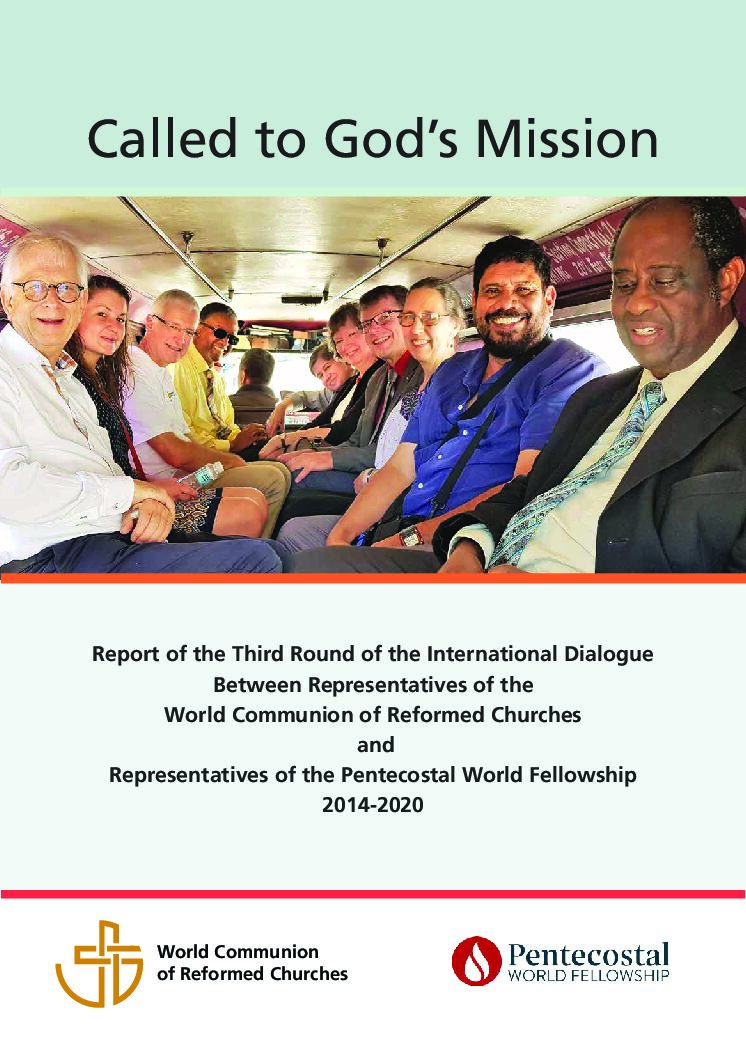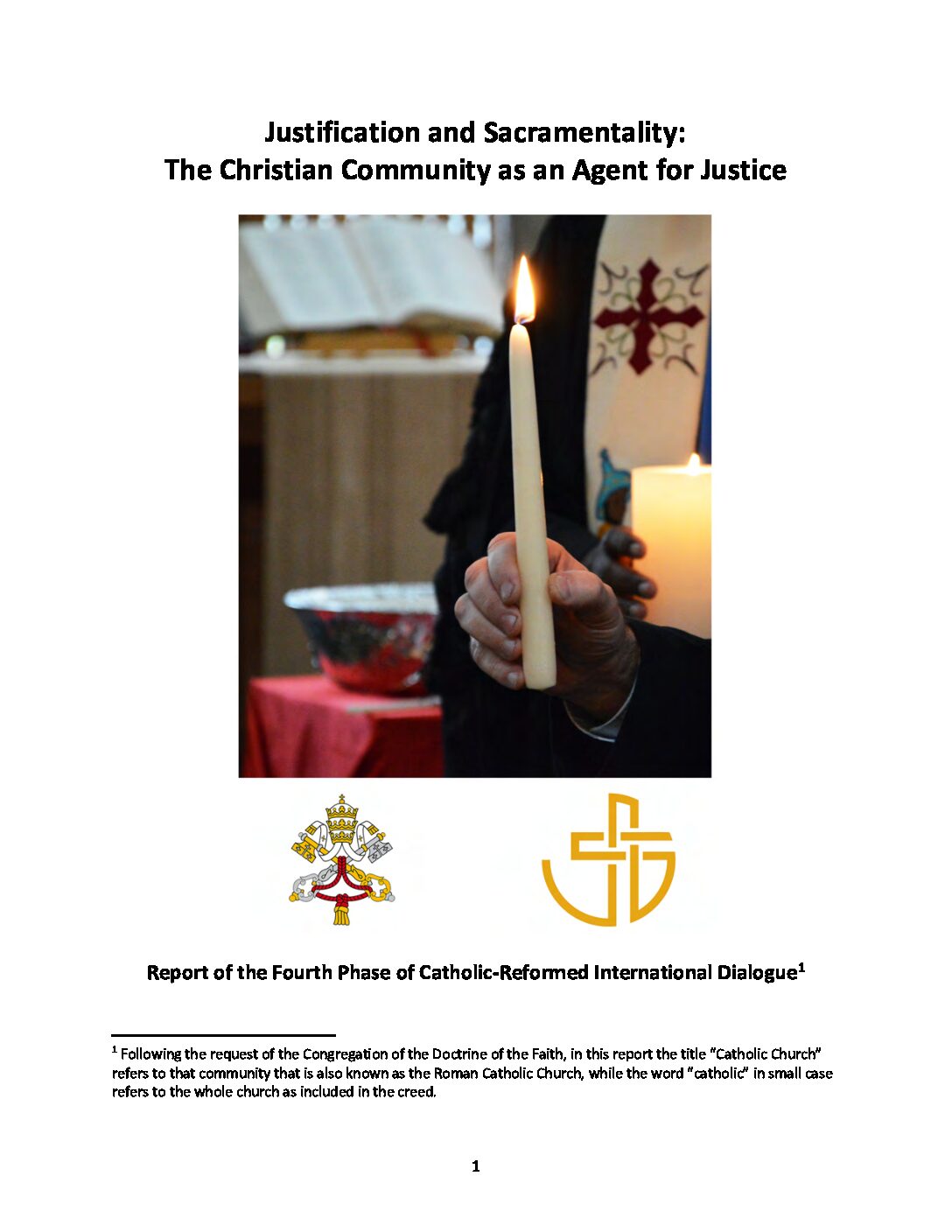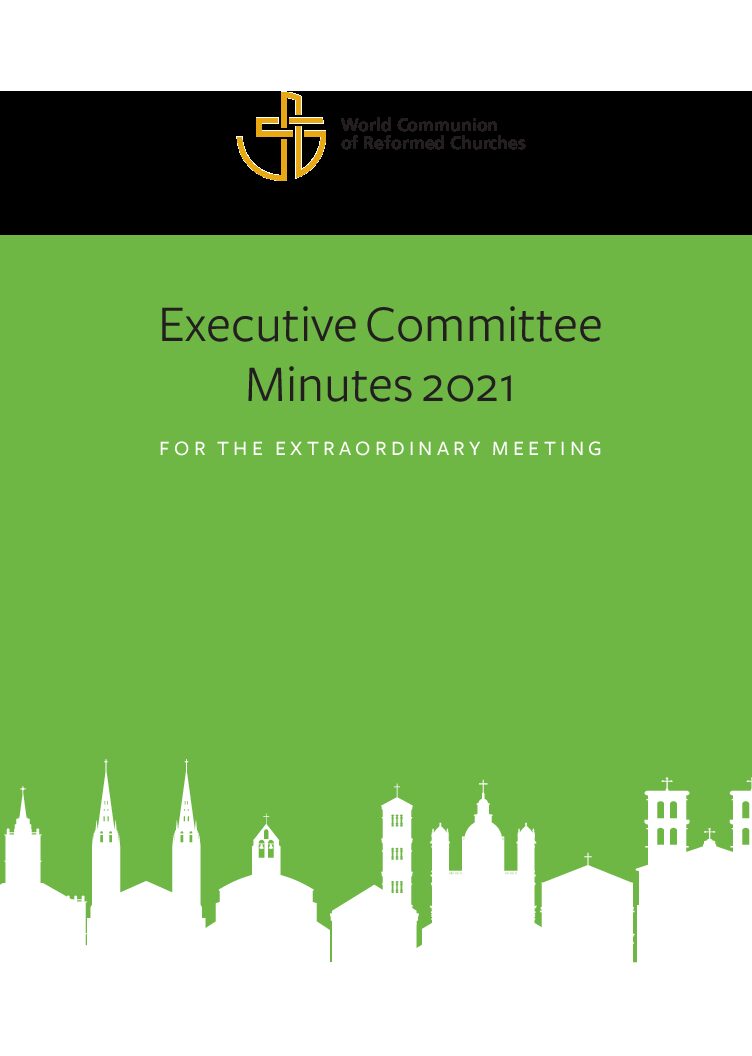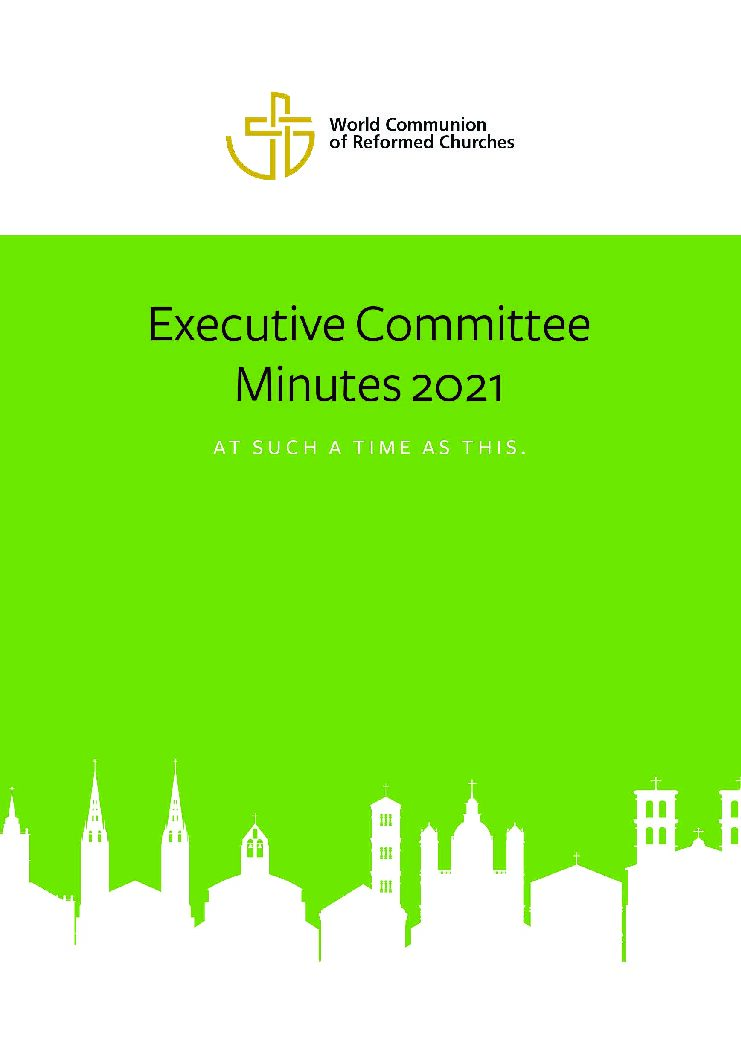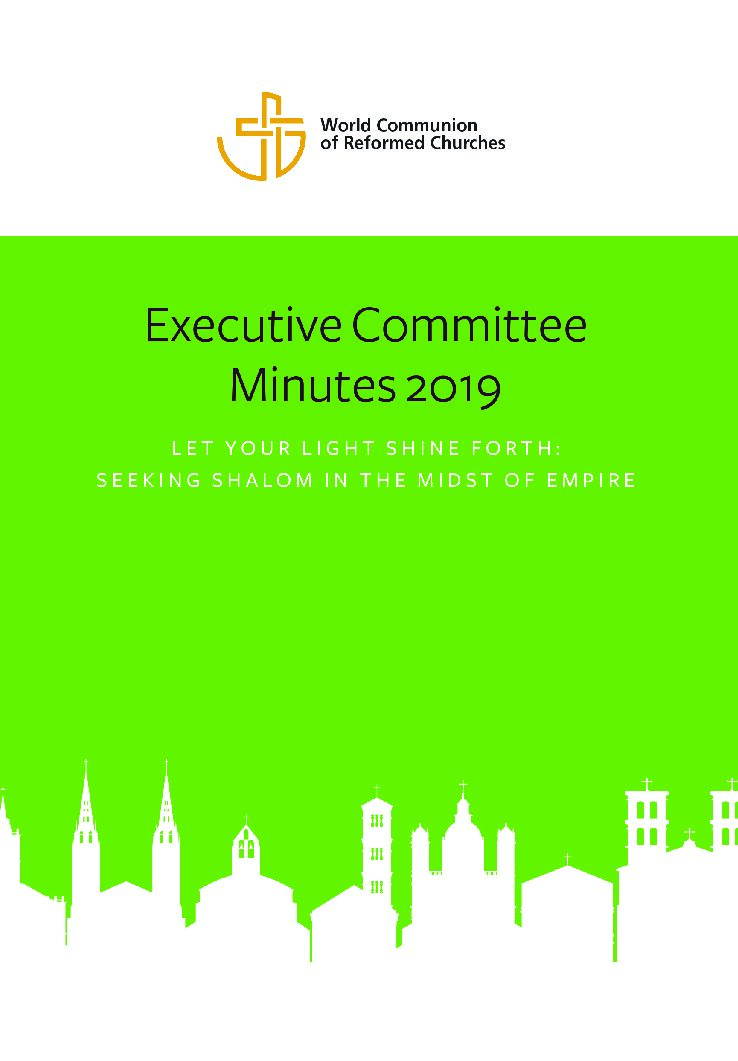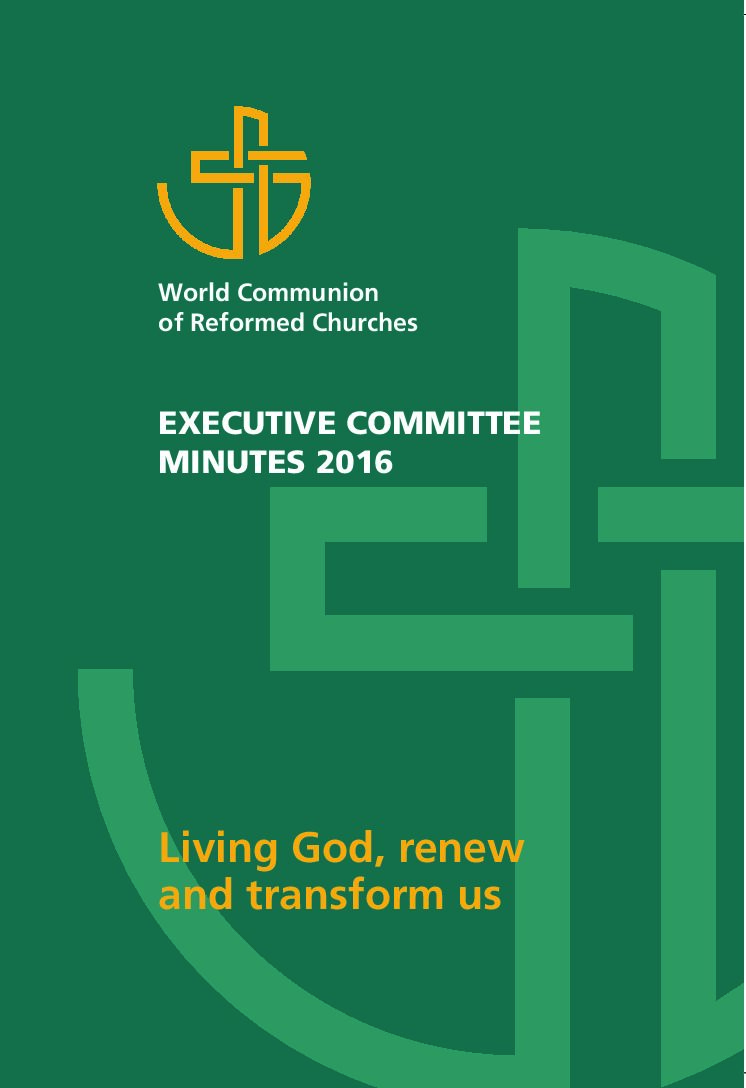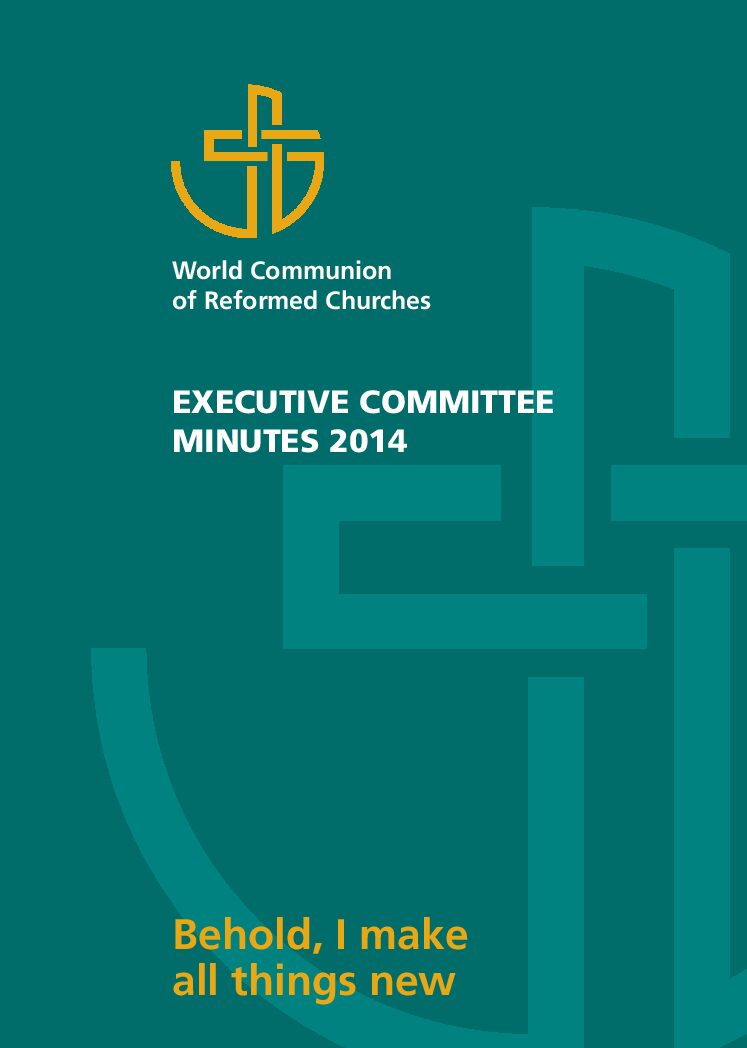GENDER JUSTICE
Gender justice is not just a women’s concern, but an issue that concerns all people. Gender justice is a fundamental building block for church and society.
Gender justice includes:
- Just and right relationships
- Mutual respect and accountability
- Respect for creation and the rights of all people to live life in all its fullness
Gender justice addresses:
- Gender and economic injustice
- Gender-based violence
- A whole range of social issues that are rooted in unequal power relations
Gender justice seeks to address and dismantle patriarchy, which controls women’s labor, sexualities, and fertility. Patriarchy also stereotypes and marginalizes men, who have been socialized into deeply-held beliefs and values on what their roles should be. Patriarchy defines masculinity as showing bravery, virility, aggressiveness, dominance, competitiveness, and emotional repression.
Men are often socialized into not dealing with their emotions, fears, and vulnerabilities. Men have a vested interest in changing these stereotypes so that they can become better sons, fathers, brothers, partners, lovers, and humans.
Gender justice requires all genders to work together in partnership.
Gender justice is also integral to our spiritual growth and must be realized in our right relationship with God. Gender perspectives invite us to examine and unravel power relations across the breadth of gender identities, paying particular attention to those persons in the intersection of gender and race, colour, sexuality, class, disability, poverty, and caste.
Gender Justice Policy
In its commitment to gender justice, the WCRC has developed a Gender Justice Policy that starts with a vision of who God wants us to be and the purpose and objectives of this new way of being. Grounded in respect for the body, the Gender Justice Policy fosters physical, emotional, and spiritual health and wholeness. God rejoices when we celebrate spirituality with holiness and integrity.
This Policy applies to the WCRC and its executive, staff and is commended to its member churches. It will be successful only if each of us takes responsibility for its implementation.
- Download the Gender Justice Policy (English)
Declaration of Faith on Women’s Ordination
At the 2017 General Council in Leipzig, Germany, the WCRC adopted a Declaration of Faith on Women’s Ordination, which begins: “God, through the Holy Spirit, calls both women and men to participate fully in all the ministries of the church.”
- Download the Delcaration of Faith on Women’s Ordination: Bahasa Indonesia, Deutsch, English, Español, Français, Korean.
- Read more about Women’s Ordination.



